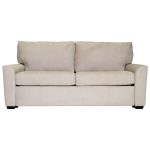Introduction: why is my bed squeaking
In 2024 there’s nothing quite like the unwelcome symphony of a squeaky bed to disrupt a peaceful night’s rest. As you turn in your sleep or adjust your position, the irritating creaks echo through the room, jolting you awake and stealing away the tranquility you so desperately seek. But fear not, for understanding the root causes of this nocturnal nuisance can lead to simple solutions that restore harmony to your bedtime routine.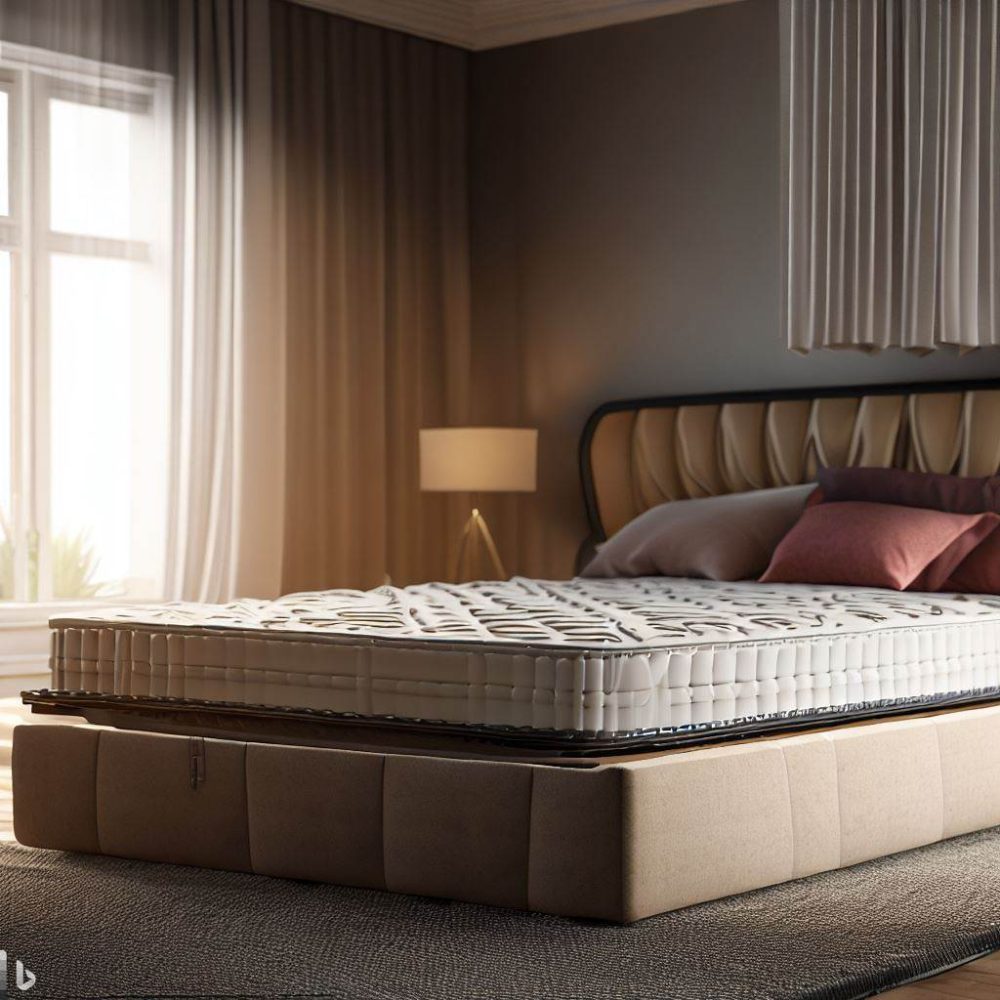
Understanding the Culprits: why does my bed creak when i move
One of the primary reasons behind a bed’s incessant squeaking is age and wear. Over time, the materials used in beds—be it the wooden frame, metal springs, or even the mattress itself—undergo natural degradation. Wooden frames can dry out and loosen their joints, while metal springs lose their elasticity and begin to rub against each other or the frame. This friction is the source of those aggravating squeaks. Similarly, an old mattress with worn-out foam or springs can contribute to the problem by shifting uneasily on the frame.
The Importance of Proper Assembly: why do beds creak
Improper assembly or loose connections are another common cause of squeaky beds. Even the sturdiest bed frames require careful assembly to ensure all parts fit snugly together. Skipping steps during setup or failing to tighten screws and bolts adequately can lead to movement and subsequent squeaking. It’s crucial to follow the manufacturer’s instructions meticulously, as each piece plays a vital role in supporting the structure and minimizing noise.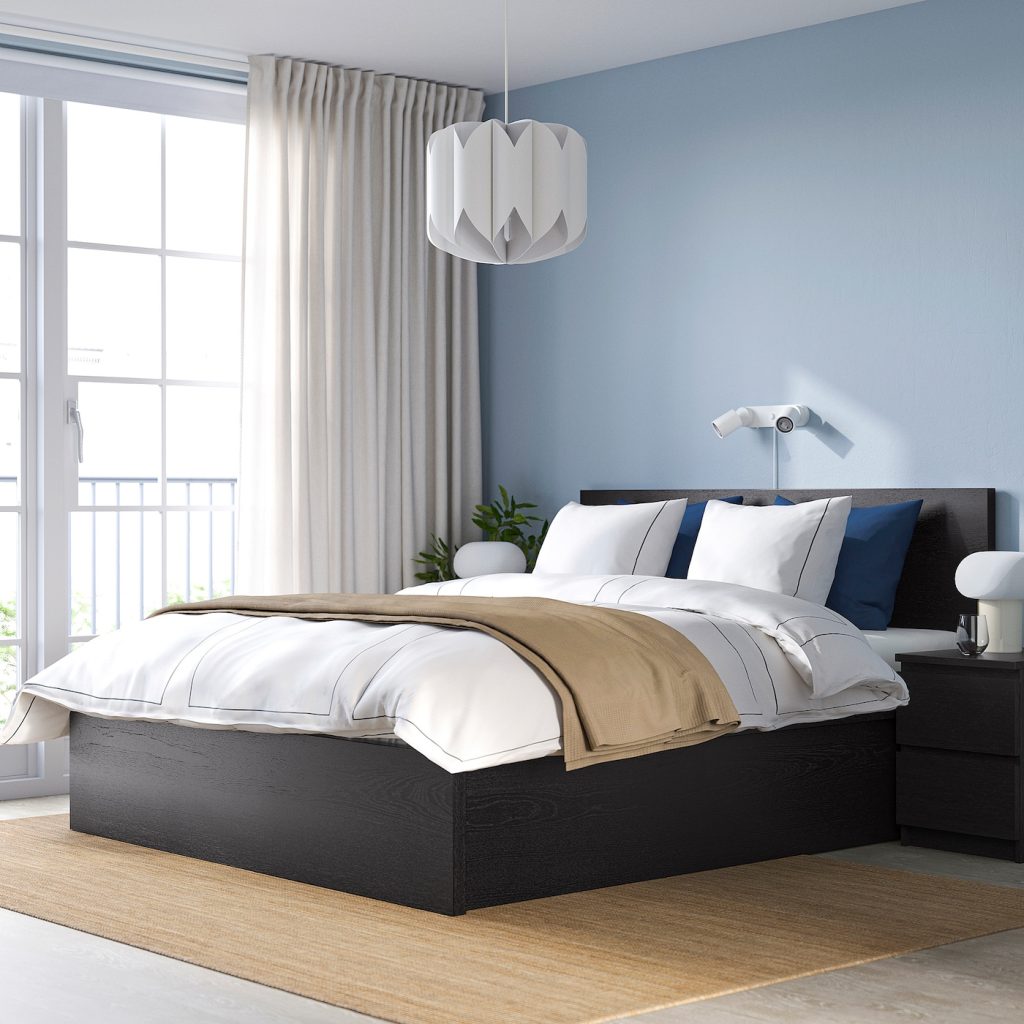
Environmental Factors: why does my bed keep squeaking
While less direct, environmental factors such as humidity and temperature fluctuations can exacerbate existing squeaks. High humidity can cause wood to absorb moisture, leading to expansion and the loosening of joints. Conversely, dry air can cause wood to shrink, creating gaps where components meet. These changes in size can result in increased friction and noise. Monitoring and controlling the humidity levels in your bedroom can help mitigate these effects.
Weight Distribution and Support: why is my bed creaking
The way weight is distributed across your bed also plays a significant role in its tendency to squeak. Uneven distribution or exceeding the weight capacity of the bed frame can stress certain points more than others, causing them to creak under pressure. This is particularly true for beds with centralized support systems, where the bulk of the weight rests on a single point or a few central slats. Ensuring your bed frame offers ample and even support for your body weight is key to reducing unwanted noises.
Addressing the Issue: why is my bed so creaky
Fortunately, there are several practical fixes to silence your squeaky bed. For wooden frames, applying a small amount of wood glue to loose joints followed by clamping them overnight can reinforce their stability. Tightening any loose screws or bolts with a screwdriver or wrench is also essential. In the case of metal springs, applying a light layer of lubricant specifically designed for metal-to-metal contact can significantly reduce friction and noise.
Fixes for a Squeaky Bed: why is my bed squeaky
Tighten Loose Bolts and Screws:
- Using a screwdriver or wrench, tighten all bolts, screws, and nuts on your bed frame. Pay particular attention to joints and connections where movement occurs.
Apply Lubrication:
- WD-40 or Silicone Spray: Apply a lubricant like WD-40 or silicone spray to metal parts that may be rubbing together. This can reduce friction and eliminate squeaks.
- Candle Wax: Rubbing candle wax on wooden joints can also reduce friction and eliminate squeaks.
Check and Adjust Bed Slats:
- Ensure that bed slats are properly aligned and that they fit snugly into their designated slots or holders. Adjust as necessary to reduce movement and friction.
Use Anti-Squeak Products:
- Felt Pads: Place felt pads between wooden joints or where metal parts contact each other to dampen noise caused by friction.
- Rubber Washers: Use rubber washers between metal fasteners and the bed frame to absorb vibrations and reduce noise.
Replace Worn Out Components:
- If your mattress or box spring is old and causing squeaks due to worn-out springs or coils, consider replacing it with a new one.
Reinforce Weak Points:
- For wooden bed frames, reinforcing weak joints with additional screws or brackets can strengthen the structure and reduce movement-induced noise.
Check Floor Alignment:
- Ensure that your bed frame is sitting evenly on the floor. Uneven floors can sometimes cause the bed frame to twist or bend, leading to squeaks.
Professional Inspection:
- If you’ve tried these fixes and your bed still squeaks, consider having a professional inspect it. They can identify underlying issues that may require more extensive repairs or replacements.
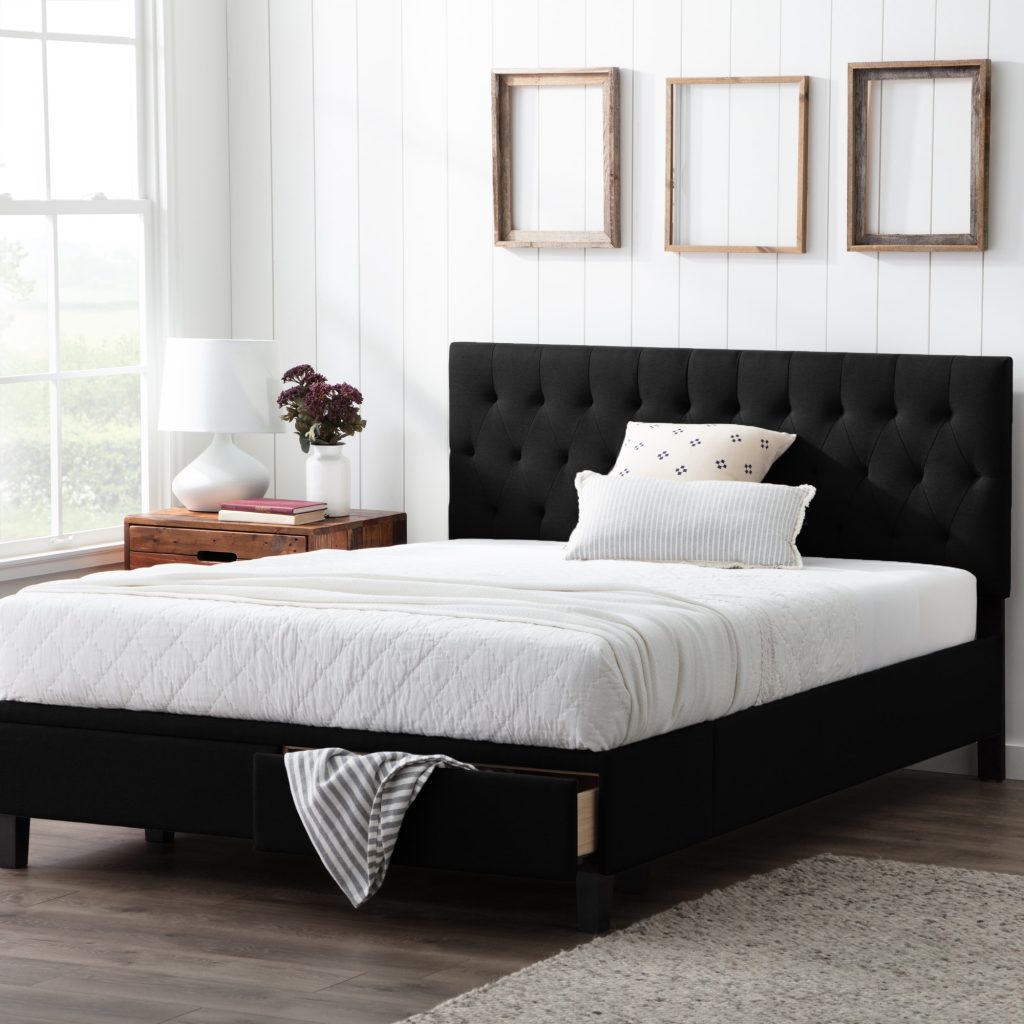
Common Causes of a Squeaky Bed : why does my bed make so much noise
Loose Joints and Connections:
-
- Wooden Beds: Over time, wooden bed frames can develop squeaks due to loose joints where pieces of wood connect together.
- Metal Beds: Similarly, metal bed frames can squeak if the bolts and screws that hold the frame together become loose or worn.
Worn Out or Poorly Lubricated Components:
-
-
- Metal Springs and Coils: In older mattresses or box springs, metal springs and coils can rub against each other, causing squeaks.
- Box Spring: The wooden or metal components within a box spring can also squeak if they are worn out or not properly lubricated.
-
Improper Assembly:
-
- If your bed was not assembled correctly initially, it may develop squeaks over time as the components shift or rub against each other.
Bed Slats:
-
- Slats that support the mattress can squeak if they are not properly aligned or if they rub against the frame.
Worn or Loose Bed Fasteners:
-
- Bolts, screws, and nuts that hold the bed frame together can become loose over time, causing parts of the bed to squeak with movement.
Old Mattress:
-
- An older mattress can sometimes cause squeaks if the internal structure has started to degrade or if springs are not properly contained.
Mattress Matters: Maintenance and Upgrade: why is my bed so squeaky
When it comes to mattresses, rotating it regularly can help distribute wear evenly, preventing the formation of sagging areas that might cause the mattress to rub against the frame. If your mattress is old and has lost its supportive properties, investing in a new one can make a world of difference. Look for models with sturdy construction and motion isolation features to minimize noise.
Preventive Measures for Long-Term Quiet
To prevent future squeaks, regular maintenance is key. Inspect your bed frame periodically for signs of wear and tear, tightening any loose connections immediately. Using furniture pads or felt strips between the frame and floor can also help dampen any noise caused by movement. Lastly, maintaining a consistent indoor climate can go a long way in preserving the structural integrity of your bed, thus reducing the likelihood of squeaks.
Additional Tips and Tricks for a Silent Slumber
Beyond the fundamental solutions outlined, there are extra tricks and adjustments you can make to ensure your bed remains a haven of tranquility:
Use Rubber Washers:
When reassembling or tightening screws and bolts on your bed frame, consider adding rubber washers. These act as buffers, absorbing vibrations and reducing the chance of metal-to-metal contact that can cause squeaking.
Bed Bands or Straps:
If your mattress tends to slide around, causing friction against the frame, invest in bed bands or non-slip straps. These keep your mattress firmly in place, minimizing movement and potential squeaks.
Replace Old Slats:
For beds with wooden slats, inspect them for cracks or signs of bending. Replacing worn slats with fresh, sturdy ones can dramatically improve weight distribution and reduce noise.
Add Extra Support:
If your bed frame lacks adequate support, consider adding additional center legs or a crossbeam. This can significantly enhance stability, especially for heavier individuals or larger mattresses.
Silicone Spray:
In some cases, a silicone-based spray can be more effective than traditional lubricants for metal springs. Silicone doesn’t attract dust and lasts longer, making it an excellent choice for reducing friction.
Mattress Pad or Protector:
Not only do these add an extra layer of comfort, but a quality mattress pad or protector can also minimize the noise created by the mattress moving against the frame.
Noise-Proof Your Room:
Consider soundproofing elements like heavy curtains, rugs, or acoustic panels. While these don’t address the bed directly, they can absorb ambient noise, making any residual squeaks less noticeable.
Regular Bedtime Routine:
Establishing a calming pre-sleep routine can help your mind and body relax, making it less likely that minor sounds will disturb your sleep. Practices like reading, meditation, or gentle stretching can all contribute to a more peaceful slumber.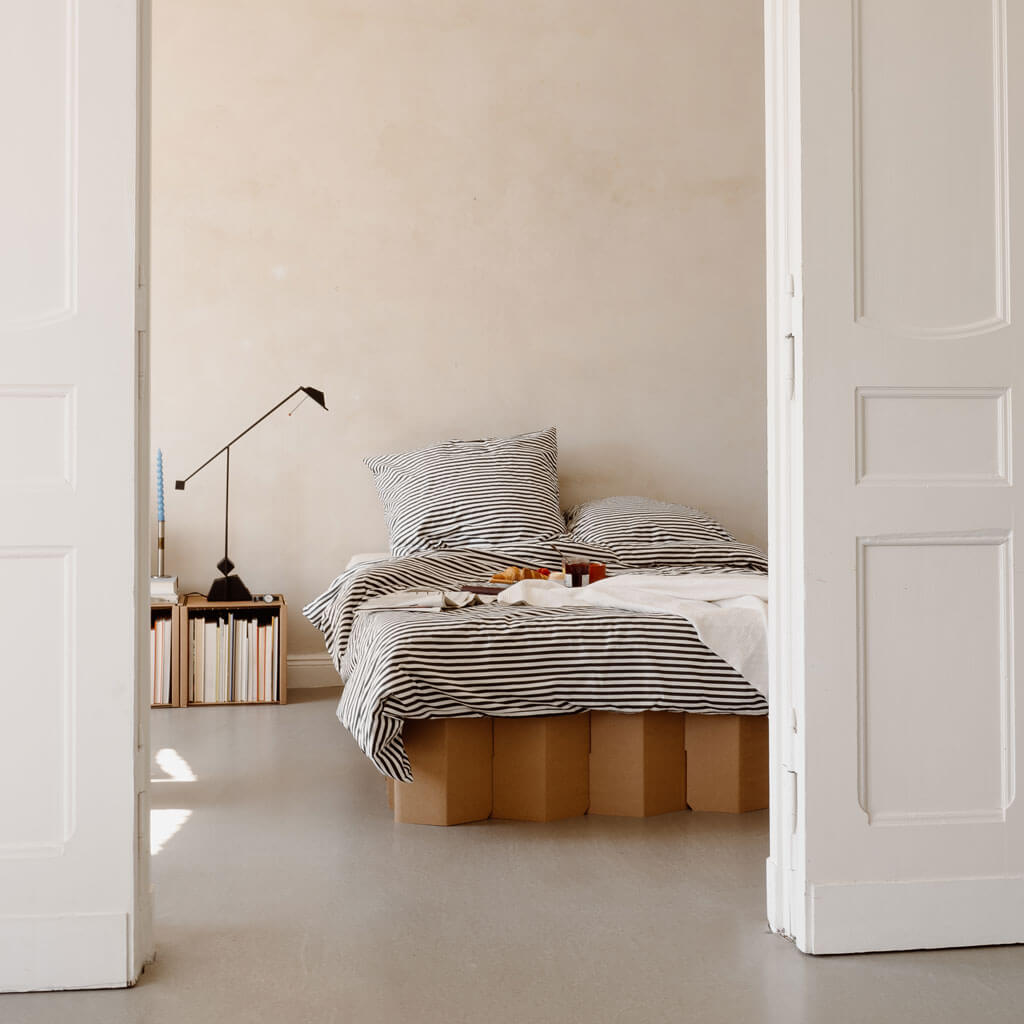
Conclusion: A Peaceful Night’s Sleep Restored
Squeaky beds may seem like a minor inconvenience, but they can have a profound impact on the quality of your sleep and overall well-being. By understanding the common causes and implementing the appropriate fixes, you can transform your bedroom into a sanctuary of silent slumber. Remember, a good night’s sleep is the foundation for a productive day, and silencing that pesky squeak is one step closer to achieving that goal. Sweet dreams await, free from the discordant melodies of a noisy bed.

